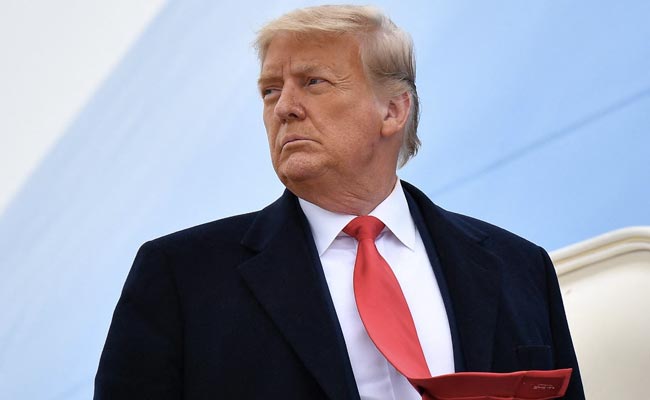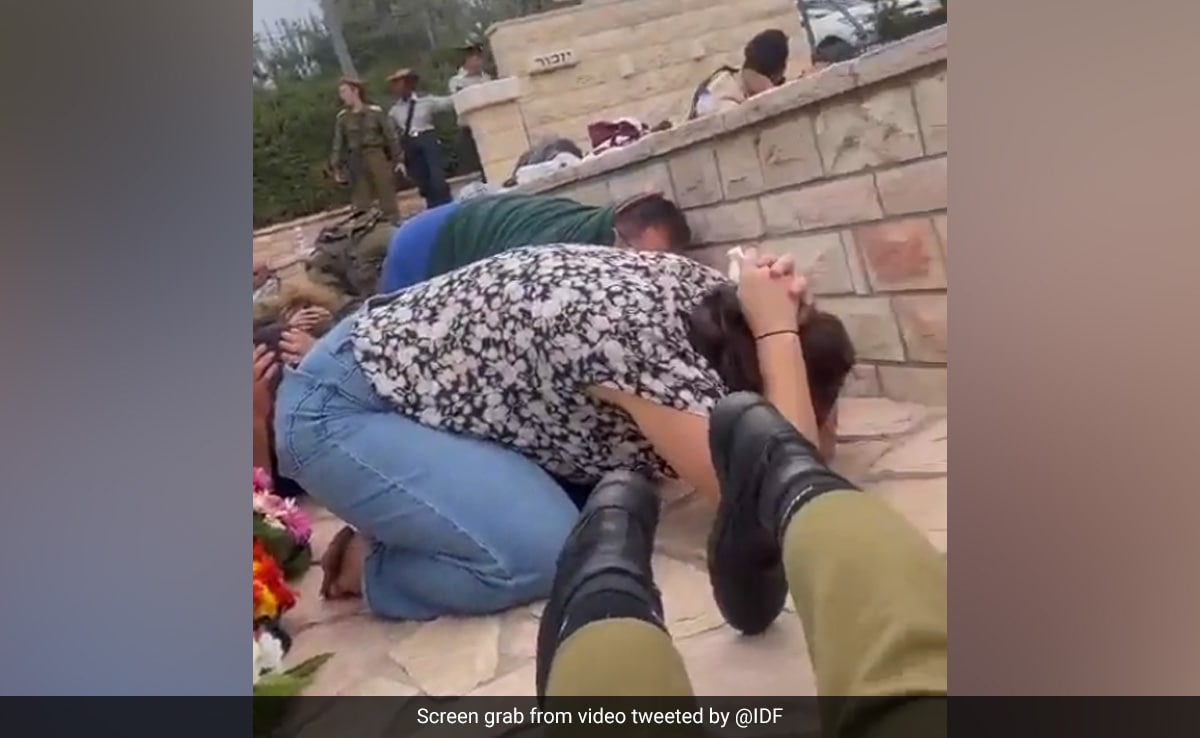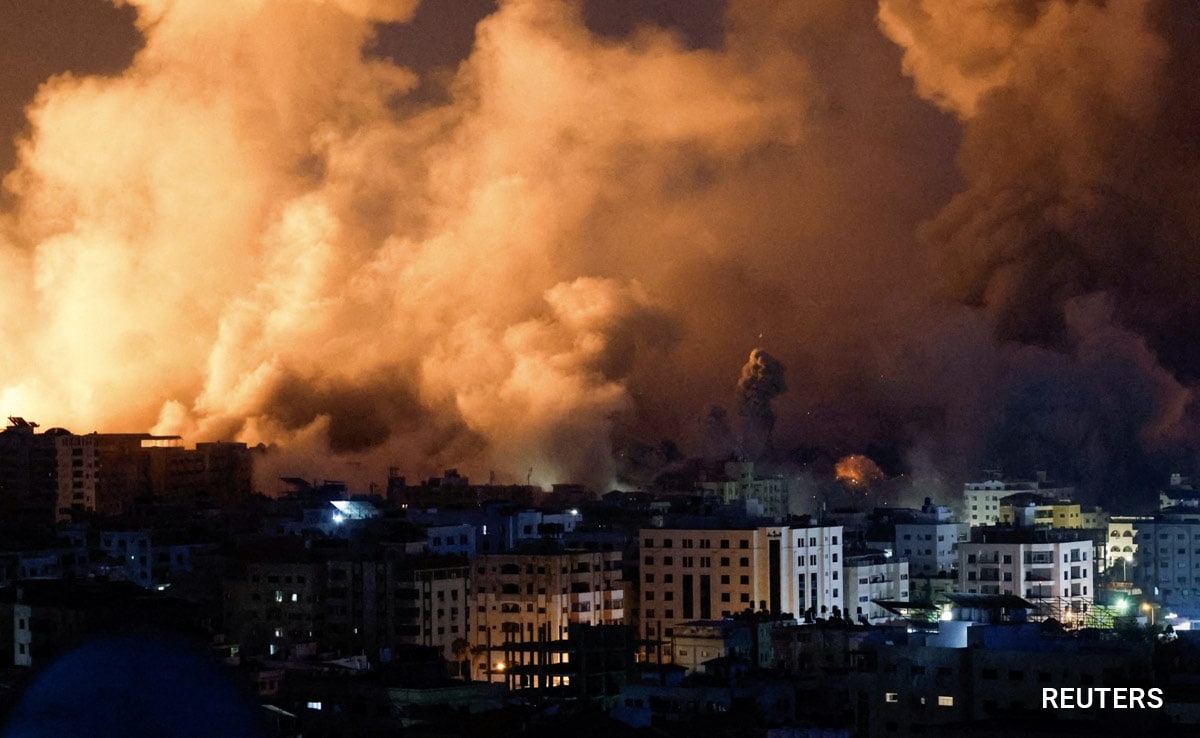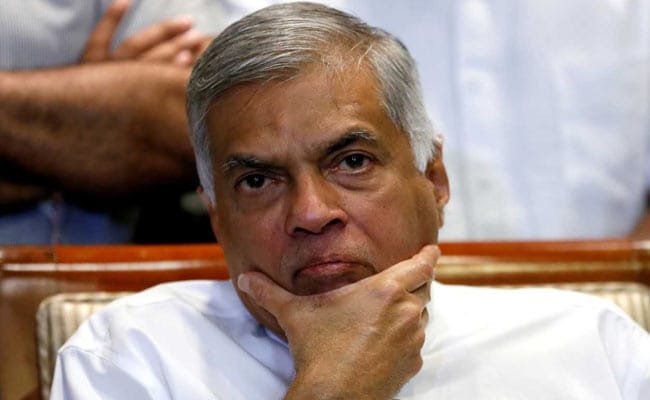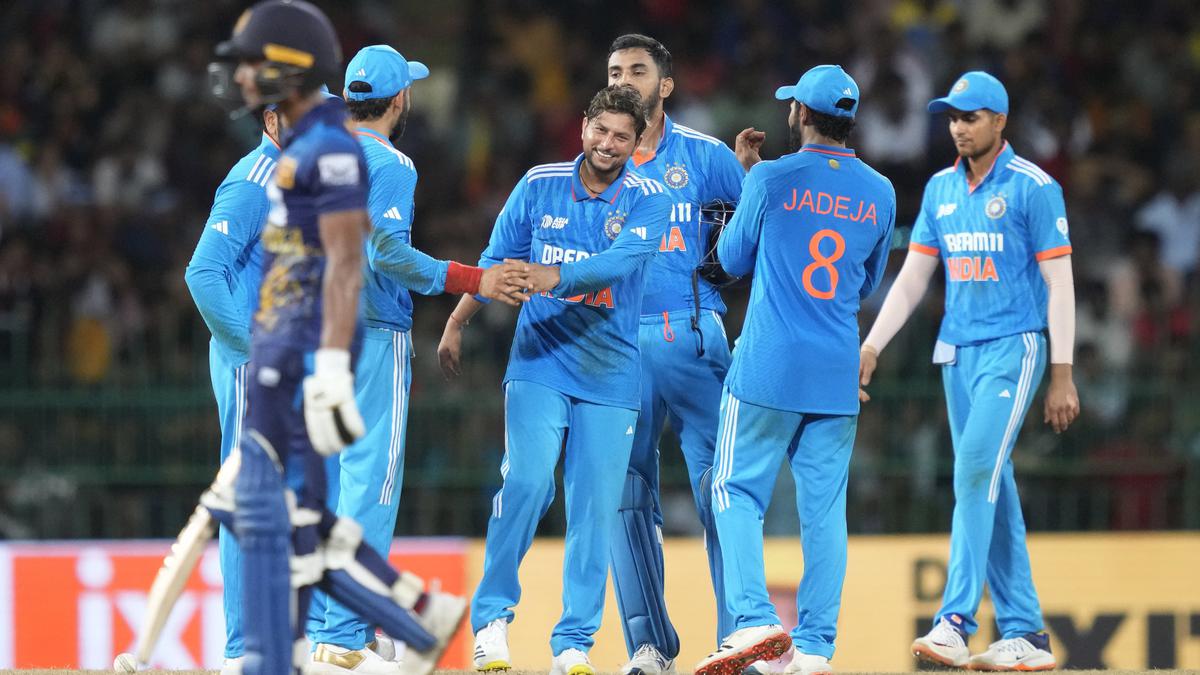NATO Secretary-General Jens Stoltenberg. File
| Photo Credit: Reuters
NATO chief Jens Stoltenberg on May 31 dismissed warnings by Russian President Vladimir Putin that allowing Kyiv to use Western weapons for strikes inside Russian territory might lead to an escalation.
Speaking on the sidelines of a NATO foreign ministers’ meeting in Prague, Mr. Stoltenberg said the alliance had heard such warnings many times before.
“This is nothing new. It has (…) been the case for a long time that every time NATO allies are providing support to Ukraine, President Putin is trying to threaten us to not do that,” he told reporters. “And an escalation — well, Russia has escalated by invading another country.”
Mr. Putin on Tuesday warned NATO members against allowing Ukraine to fire their weapons into Russia and raised a new risk of nuclear war after several allies lifted restrictions imposed on the use of weapons donated to Kyiv.
Policy shift
In a marked policy shift, U.S. President Joe Biden has also authorised Kyiv the limited use of U.S.-supplied weapons inside Russia, four officials, speaking on condition of anonymity, said on Thursday.
Mr. Biden’s decision applies only to targets inside Russia near the border with the Kharkiv region, where an offensive launched by Moscow on May 10 has overrun some villages, they explained. The U.S. is by far the largest arms donor to Kyiv.
Kharkiv, Ukraine’s second-largest city, is 30 km from the border with Russia.
In Berlin on May 31, a German government spokesman said Ukraine could use weapons supplied by Berlin to defend itself against attacks launched from just inside Russia against the Kharkiv border region, in accordance with international law.
‘Ukraine has the right to self-defence’
Mr. Stoltenberg said Ukraine had the right to strike legitimate military targets inside Russia, especially since the borderline and the frontline near Kharkiv were more or less the same, and it was not reasonable to assume Kyiv should not hit back.
“Of course, it makes it very hard for Ukraine to defend themselves if they are not allowed to use advanced weapons to repel those attacks,” he said. “Ukraine has the right to self-defence, we have the right to help Ukraine uphold the right for self-defence, and that does not make NATO allies a party to the conflict,” Stoltenberg added.
“That was the case back in February 2022, that was the case last year, that remains the case.”


